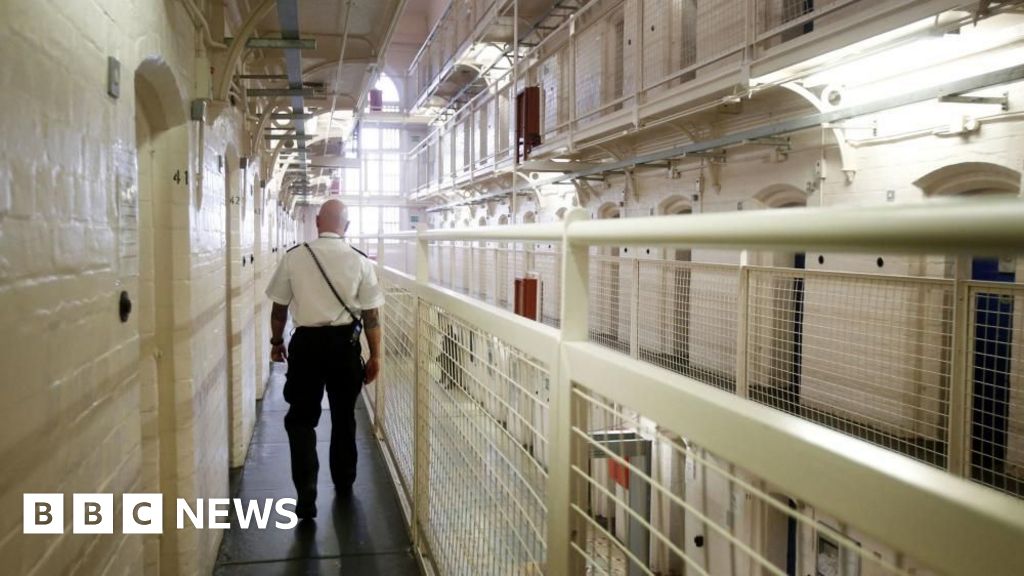ARTICLE AD BOX
 Image source, PA Media
Image source, PA Media
Stephen Flynn has been the SNP's Westminster leader since December 2022
SNP Westminster leader Stephen Flynn has warned US-UK air strikes in Yemen must not result in a "much wider crisis" in the region.
Mr Flynn also said the decision to launch airstrikes against the Houthis without consulting MPs was "farcical".
Foreign Secretary David Cameron said the UK was "prepared to back our words with actions" against the rebels.
And Labour leader Sir Keir Starmer said he supported strikes against the group as "action had to be taken".
The Houthis have been attacking ships in the Red Sea, claiming to be targeting Israel-linked vessels.
The Iranian-backed group - who control much of Yemen, including the capital - began targeting commercial vessels after the start of the Israel-Hamas war on 7 October.
Mr Flynn said he was was concerned about a possible escalation of tensions, following the first wave of air strikes on Friday and urged the government to outline its medium and long term aims.
He told BBC Scotland's The Sunday Show: "We need to make sure that the action the government has taken doesn't precipitate a much wider crisis in the region, nor indeed drag the UK or our allies into prolonged conflict in the Middle East, given the impact that has had in the past."
The Aberdeen South MP said it was important to defend freedom of navigation and stressed it was vital to prevent further increases in the price of goods during a cost of living crisis.
But he added: "We need to understand what it is the government is hoping to achieve here.
"Because if its simply a case of saying that those airstrikes are going to defeat the Houthis that's not going to happen. Everyone knows that's not going to happen.
"So what comes next and how does this fit in to the wider regional picture at this time, which we know is extremely volatile."
Image source, Reuters
Image caption,Houthi supporters demonstrate on Friday after the US and UK air strikes
Mr Flynn also said he was looking for answers from Prime Minister Rishi Sunak, who said the UK had acted in self-defence.
He added: "It's a bit farcical that they waited until the moment parliament had shut its doors to make an announcement that this was what they were intending to do."
Mr Sunak has been criticised by some opposition parties for not consulting Parliament in advance of the strikes, though the government does not have to do this.
He will give his first statement to MPs on the matter on Monday.
The SNP Westminster leader also repeated his calls for an immediate ceasefire in Gaza, 100 days on from the start of the conflict.
Yemen strikes "embolden" extremists, says ex-ambassador
On Saturday the UK's former ambassador to Yemen, Frances Guy, warned airstrikes targeting Houthi rebels in the country played "right into extremist hands".
More than 60 targets were hit on Friday by strikes backed by UK and US allies.
Further US action was carried out on Saturday, but Ms Guy - who served as UK ambassador to the country between 2001 and 2004 - said it would only "embolden" sympathisers of the group.
Meanwhile, the Houthis have said attacks will only stop when a break in the fighting between Israel and Hamas is declared.
The Houthis declared their support for Hamas and said they would target any ship travelling to Israel shortly after the conflict broke out more than three months ago.
It is not clear that all of the ships attacked were bound for Israel, but many international container ships have rerouted to avoid the area for fear of attacks.
The rebel group, who have been fighting a civil war since 2014 against Yemen's government, said they will stop if a ceasefire is declared.
Early steps towards peace talks took place in December but Houthi negotiators have said that the attacks do not threaten those discussions.
On Saturday a Houthi spokesman told Reuters the US-UK strikes had no significant impact on the group's ability to affect shipping.

 1 year ago
29
1 year ago
29








 English (US) ·
English (US) ·